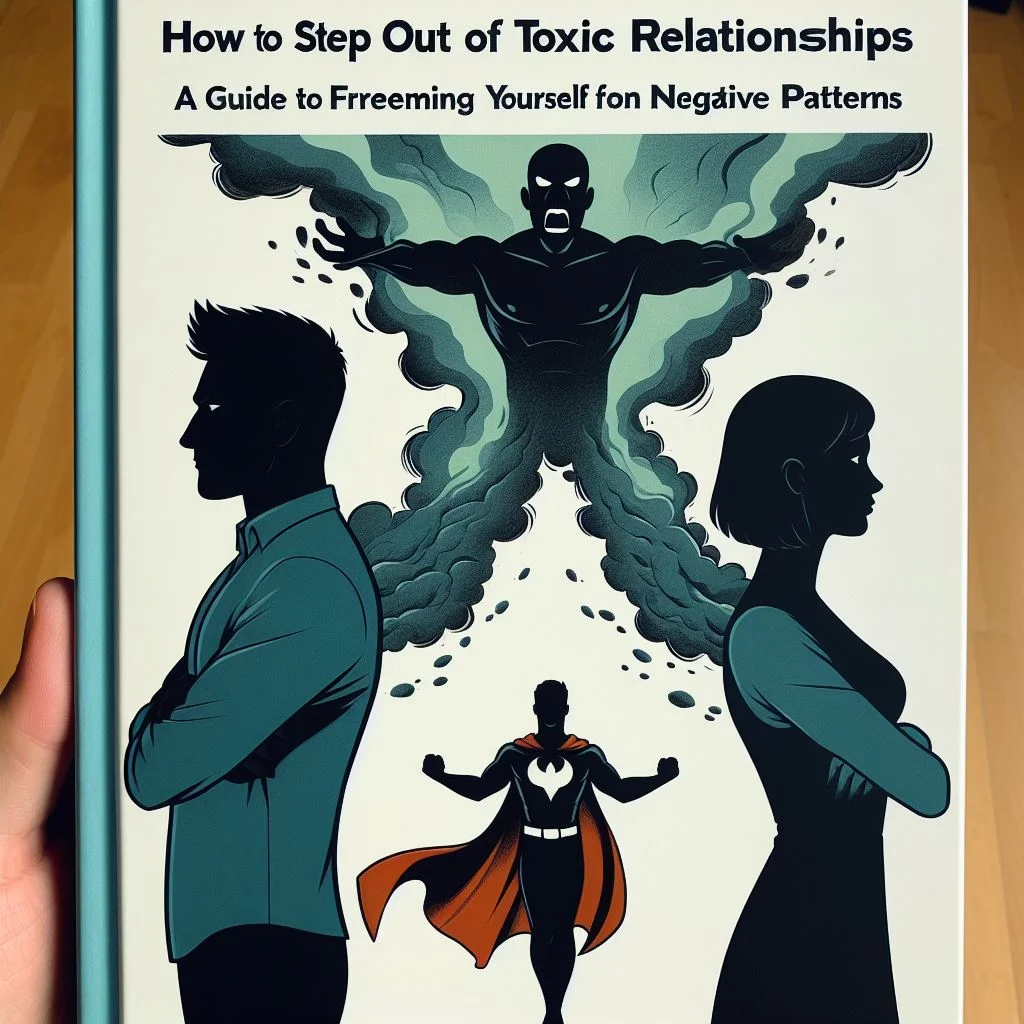How to Step Out of Toxic Relationships
Escaping chronic Toxic Relationships takes incredible emotional strength. Victims become trapped in trauma bonds, beaten down by verbal/emotional abuse, manipulation, possessiveness and distrust. However difficult, cutting all ties with an unrepentantly toxic partner remains essential to heal.
This guide covers constructive, compassionate techniques to detach from abusive relationship patterns. By thoroughly processing trauma, addressing vulnerabilities that enabled toxicity, and establishing firm self-protective boundaries, you can completely close the door on harmful past cycles.
Honestly Recognizing Toxic Relationship Patterns
The first step remains acknowledging relational abuse occurred rather than making excuses. Document incidents through journaling. Logically list toxic behaviors exhibited rather than remembering just emotions:
✅ “Every few days, Jess would yell, criticize my intelligence and call me names like “pathetic” when drunk, refusing to talk further.”
👎 “Jess could get so mean sometimes when drinking.”
Common verbal/emotional abuse patterns include:
- Degradation
- Humiliation
- Manipulation
- Possessiveness
- Silent treatment
Emotional/physical withdrawal and control over finances or connections also signal dysfunction.
Impact of Chronic Toxicity
Prolonged exposure to relational toxicity manifests in:
- Declining self-confidence
- Depression, anxiety
- Codependency
- Poor boundaries
Commit to prioritizing your health and happiness.
Making the Firm Decision to Exit
In dysfunctional relationships, victims cling to futile hopes their toxic partner might incrementally improve, especially during intermittent affectionate periods.
To combat denial:
- Recall the trauma endured rather than focusing on former positive moments
- Be explicit in writing out your limits of unacceptable behaviors
- Shut down any bargaining attempts or empty promises of change from the abuser
As psychiatrist Dr. Rhonda Freeman notes, without long-term rehabilitation treatment programs, severe personality disorder cases essentially remain fixed. Let go of false optimism, and orient your mindset toward embracing the fearful yet liberating reality that freeing yourself wholly requires permanently ending engagement.
Gathering Your Support Teams
Abusers often deliberately isolate victims from close supportive ties that could validate concerns or provide strength. Reconnecting to intimate confidantes helps mitigate feelings of loneliness or self-blame.
- Confide in trusted friends/relatives regarding the extent of toxicity experienced
- Call domestic abuse or counseling hotlines to know you aren’t alone
- Join group therapy or online communities of fellow survivors
If met with skepticism, cut contact with any victim-blaming acquaintances furthering toxicity myths. Surround yourself only with those who offer nonjudgmental belief.
Overcoming Trauma Bonds and Attachment
Trauma bonds refer to emotional dependency abuse victims form with their perpetrators, similar to Stockholm Syndrome. Intermittent cycles of cruelty followed by desperate reconciliation cement dysfunctional attachment.
Work to dismantle residual subconscious loyalty keeping you trapped:
- Allow yourself to fully process anger over harm inflicted without inhibition
- Whenever fondly recalling reconciliatory periods, force yourself to also remember the pain
- Completely cease direct or indirect contact rather than attempting friendship
Be prepared to mourn the fantasy relationship that never truly existed before moving forward.
Establishing Self-Protection Against Future Toxicity
While recovering, reflect on when warning signs of toxicity first surfaced but were ignored:
- What core relationship needs went chronically unmet?
- What vulnerabilities, insecurities did the abuser exploit?
Address these through therapy and conscious boundary setting, so you don’t repeat overlook red flags. Invest in your worthiness of respect.
Final Thoughts
The journey to escape toxicity and heal surely remains challenging. But take pride in ultimately prioritizing your health and happiness. Additional resources exist to help abusive relationship survivors including:
- National Domestic Violence Hotline – Highly trained advocates 24/7
- Support Groups – Connect with fellow survivors
- Therapist Finder – Evaluate experienced counselors
You deserve emotionally healthy intimate partnerships. Never forget your courage.

